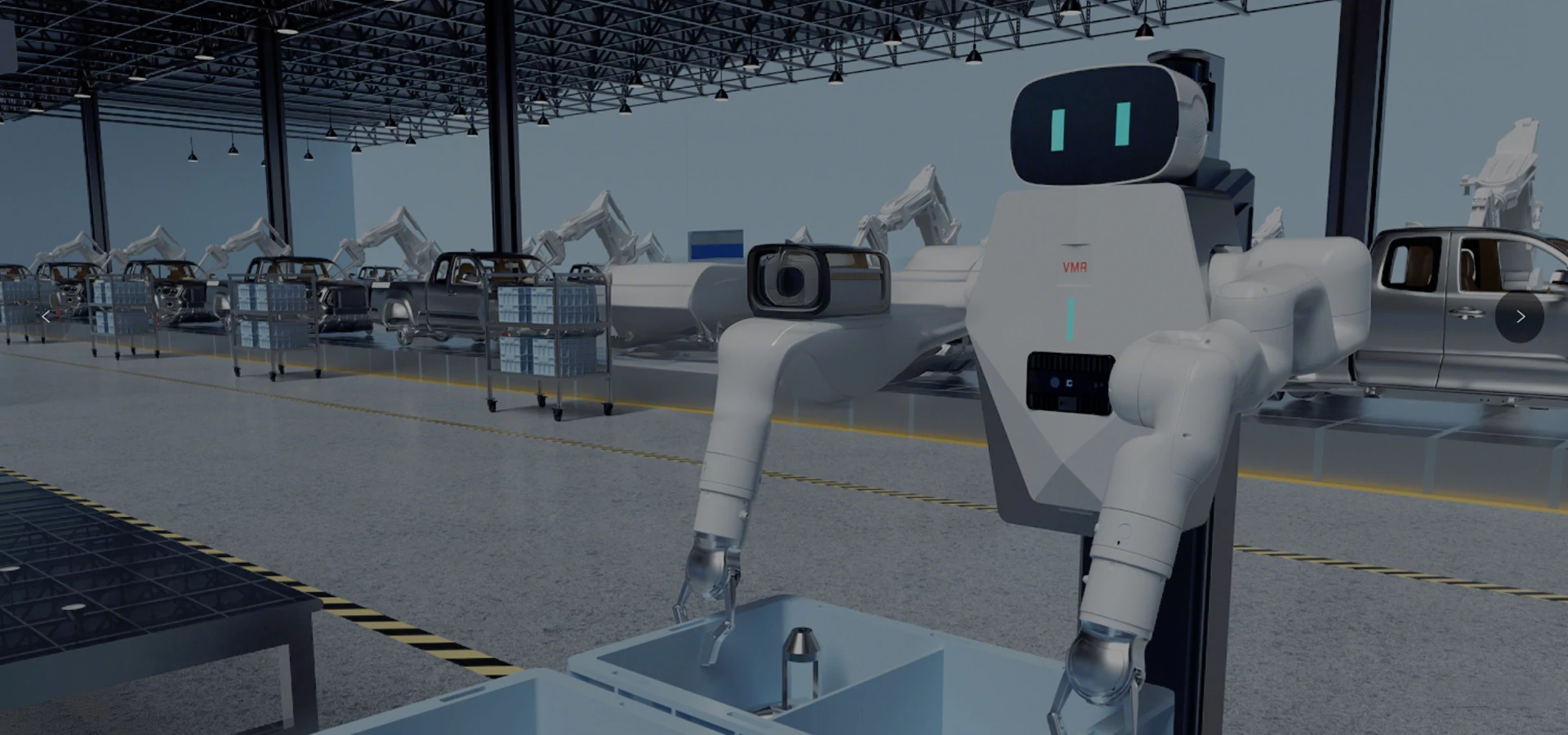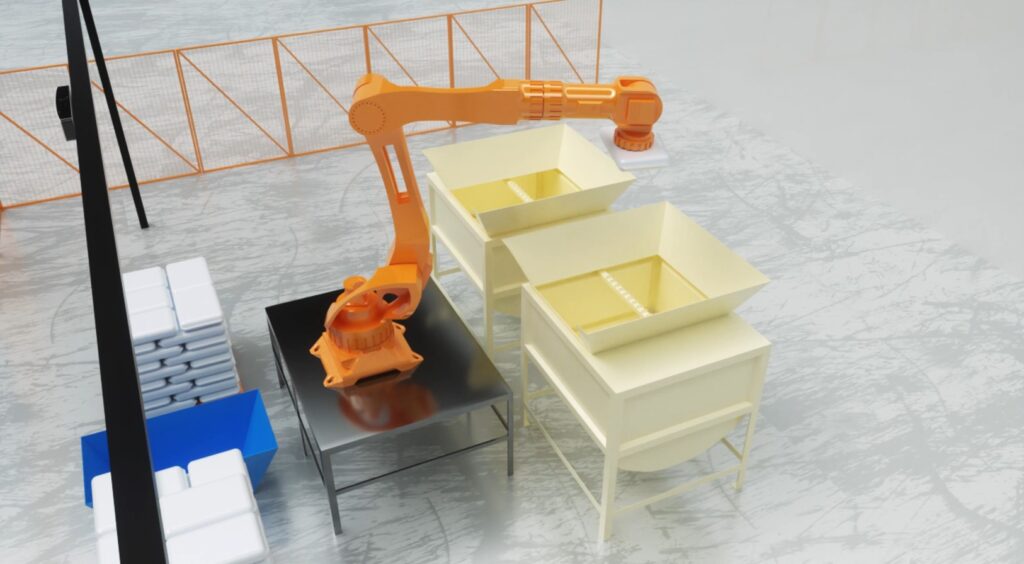
Soft Pack De-stacking is driving a new wave of transformation in logistics and production through automation. As the global economy becomes more interconnected and e-commerce rapidly expands, logistics has taken on an increasingly vital role in the supply chain. With industries like manufacturing, e-commerce, and retail scaling up, there is a rising demand for greater efficiency and accuracy in logistics. At the same time, the fast-changing market environment requires continuous adjustments in product development and production processes, making flexibility a critical competitive edge. In this context, soft pack de-stacking technology has emerged as a powerful solution to address many of the challenges faced in logistics and production.

The core of soft pack de-stacking relies on advanced machine vision, with 3D vision technology playing a critical role. Scanning objects with a 3D camera captures three-dimensional point cloud data, which contains rich information about an object’s position, orientation, and dimensions. For instance, when dealing with goods like flour bags, the 3D camera can accurately recognize their spatial arrangement, even when handling irregularly shaped or deformed items that may shift during transport.
This is further enhanced by MRDVS, which combines proprietary algorithms with deep learning. These algorithms can accurately analyze and process the point cloud data, effectively handling soft packs with uneven edges or complex surface patterns to achieve precise positioning and segmentation.
Traditional soft pack de-stacking methods rely heavily on manual labor or simple mechanical devices, which have significant limitations. Manual de-stacking is inefficient, resulting in inaccurate placement or damaged goods. Additionally, manual operations struggle to keep pace with the fast-changing demands of production and logistics, making large-scale processing inefficient.
In contrast, soft pack de-stacking offers significant advantages. It can handle a wide variety of items in different shapes and sizes, ensuring precise identification and operation. The soft pack de-stacking system is highly automated and intelligent, significantly boosting efficiency, reducing labor costs and errors, and allowing for quick adjustments in response to changes in production and logistics scenarios.
The camera from MRDVS captures both surface texture information and point cloud data of soft packs. Combined with AI algorithms, the system can accurately identify and locate soft packs. This ensures stability and precision in each picking action, reducing instances of dropped or damaged packages.
The de-stacking algorithm operates within the camera itself, enabling real-time data processing. This reduces reliance on external industrial computers, lowering overall system costs while improving response time.
The system is designed to perform well under varying lighting conditions. Whether in bright or dim environments, it can consistently capture object details, ensuring the smooth performance of de-stacking tasks.
By capturing the position of each soft pack, the system provides an optimal sequence for grasping. Even in complex stacking arrangements, the system ensures each pack is handled efficiently and safely.
The system supports a simplified four-point hand-eye calibration method, allowing users to align the robot arm and camera coordinates quickly. It also adapts to complex stacking structures such as six-flower, five-flower, and spiral stacks, improving de-stacking efficiency for irregular layouts.
MRDVS’s soft pack de-stacking system is compatible with major industrial robots, including ABB, KUKA, FANUC, and AUBO, and supports TCP/IP protocols for quick integration. Its modular design enables seamless integration into existing production lines, streamlining automation upgrades and empowering businesses to boost productivity and maintain a competitive edge in the era of intelligent manufacturing.
©Copyright 2023 Zhejiang MRDVS Technology Co.,Ltd.
浙ICP备2023021387号-1